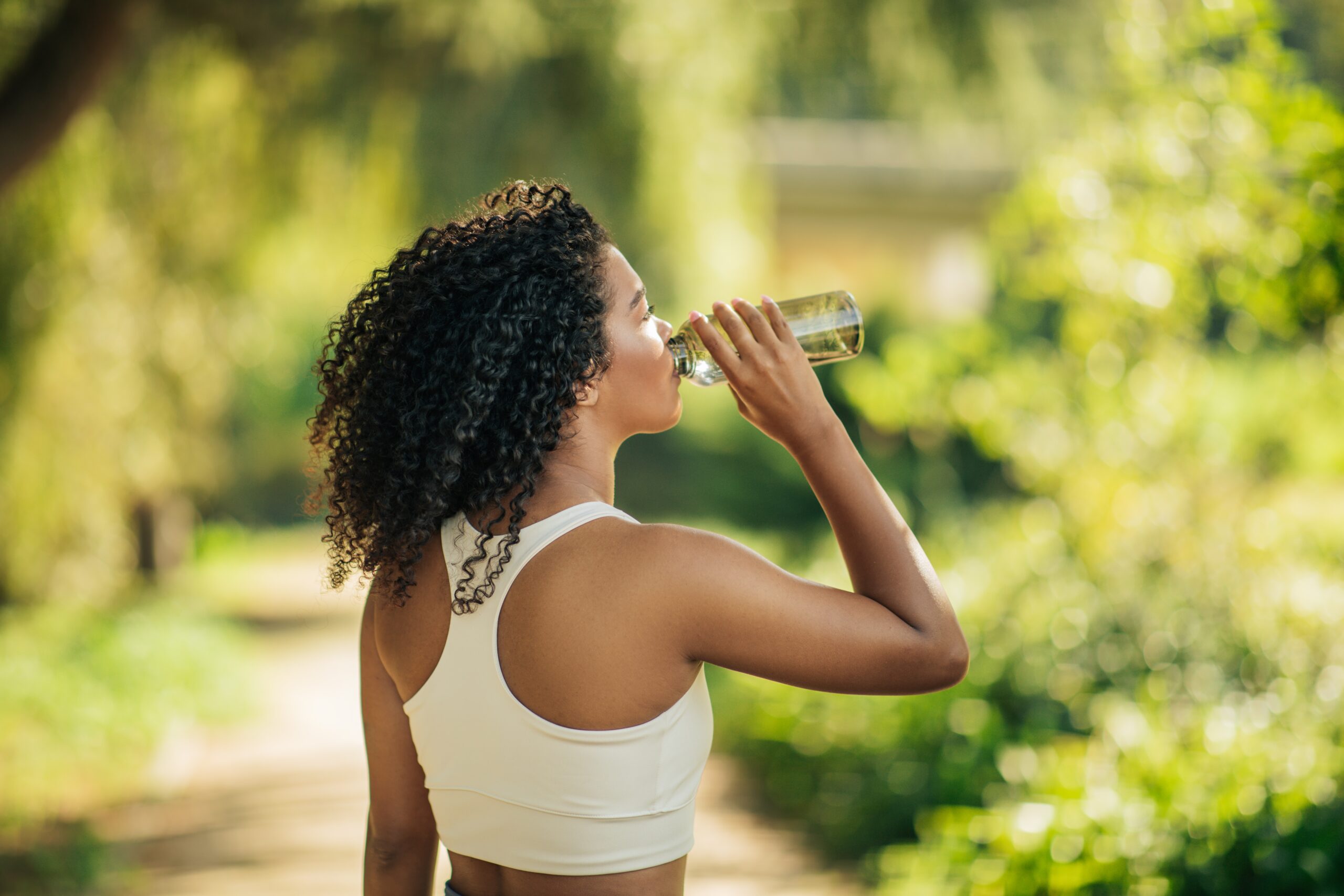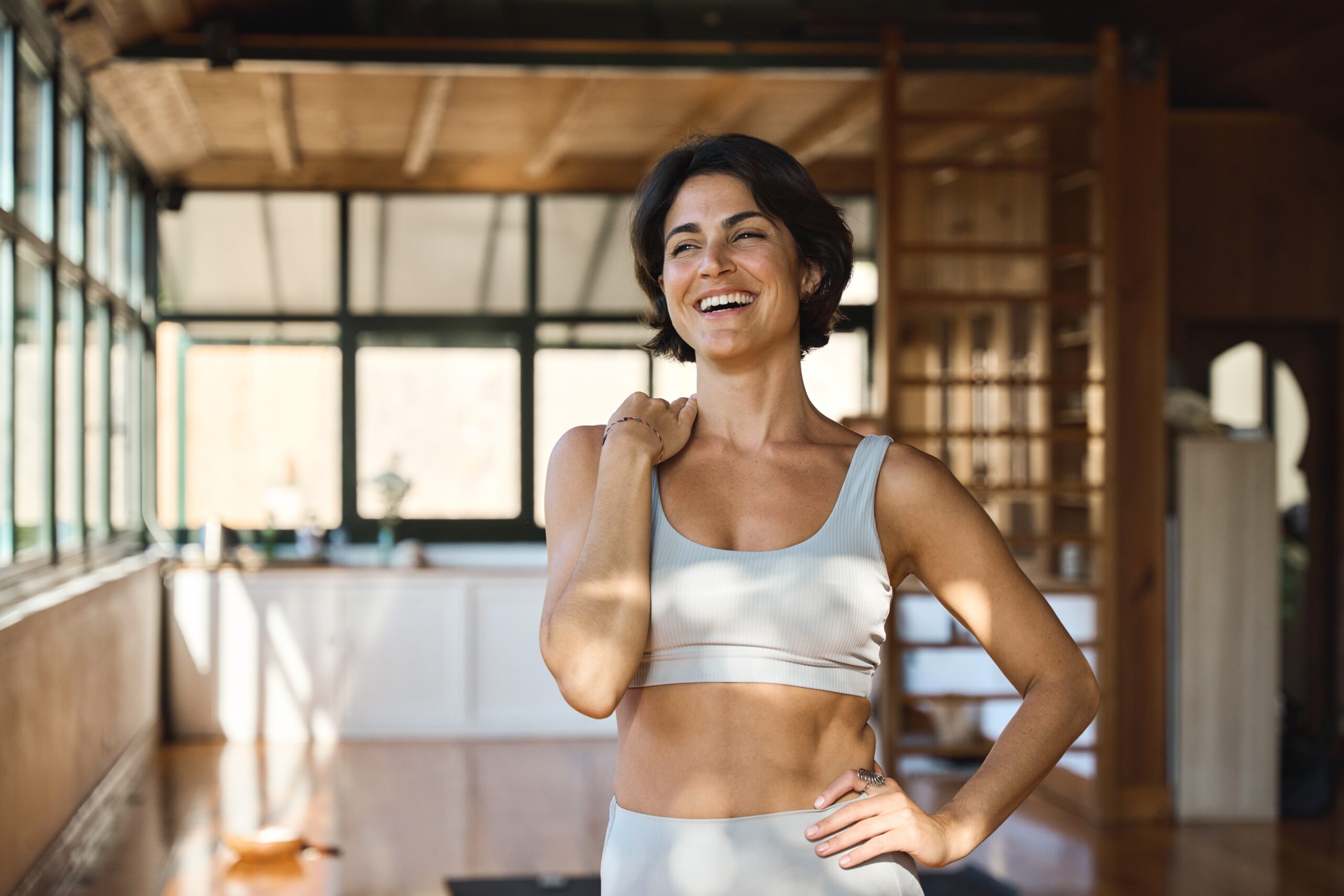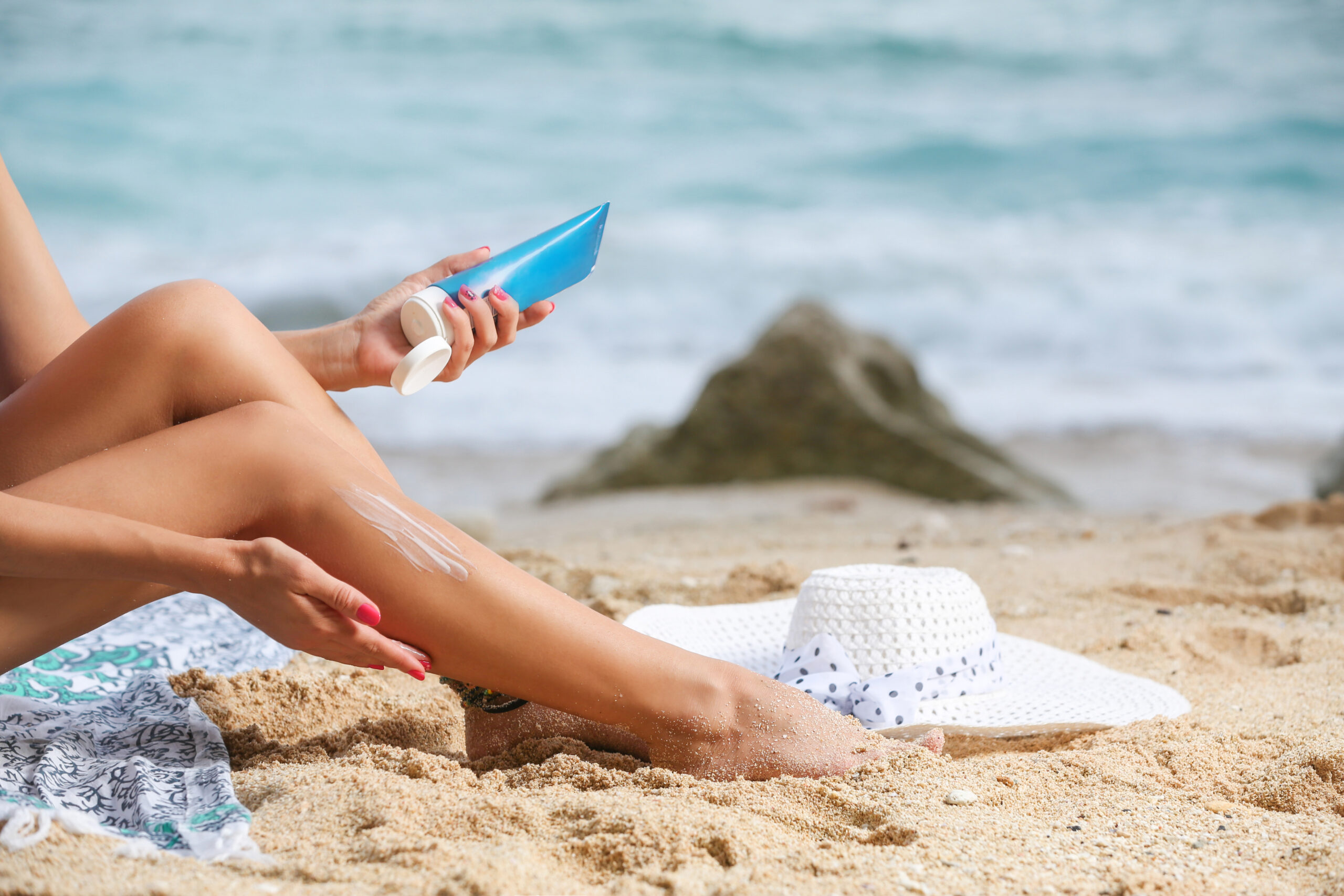Want to keep your veins healthy while enjoying outdoor fitness this summer? You’re in the right place. The team at the Vein Centre in Nashville, Tennessee, has rounded up the top outdoor fitness tips for vein health this summer—from simple tips like staying hydrated to choosing the right exercise for your veins.
Here is your complete guide to outdoor fitness tips for vein health this summer!
Stay Hydrated During Outdoor Activities

Proper hydration is one cornerstone of vein health, especially during the hot, humid summer months in Nashville. When you stay hydrated, you ensure that your blood remains fluid and can circulate efficiently, reducing the risk of your veins becoming sluggish or strained. You should aim to drink at least eight, 8-ounce glasses of water daily to maintain this healthy blood flow.
Dehydration can cause veins to lose elasticity, making it difficult for blood throughout the body to return to the heart, which can lead to discomfort and potential vein issues.
To monitor your hydration levels, examine your urine color; clear or light-colored urine typically indicates proper hydration, whereas darker, more yellow urine indicates poor hydration.
And remember: if you feel thirsty and your lips are dry, you’re already dehydrated. Drink enough water throughout the day to prevent thirst.You can also switch things up in the way you get hydration by incorporating hydrating foods such as cucumbers, watermelon, and oranges.
Sugar-free, low calorie sports drinks and electrolyte powders are another great alternative to plain water.
Remember, if you’re active or spending extended periods in the sun, you’ll need to drink even more to stay properly hydrated!
Exercise Safely in the Heat
While you can exercise in the summer, there are a few things to be mindful of while working out in the heat to protect vein health. Since excessive heat can cause veins to dilate, increasing the strain on their valves and making it difficult for blood to return to the heart, potentially leading to conditions like varicose and spider veins. As mentioned before, dehydration, which thickens the blood, further complicates this by making it harder for veins to pump effectively.
Choose Cooler Times for Workouts
To minimize these risk factors, avoid exercising in direct sunlight during the middle of the day and instead opt for early morning or late evening workouts when temperatures are cooler. And take moments to rest when needed to cool your body down. This simple adjustment can significantly reduce the strain on your veins while you work to improve your physical health
Gradual Warm-Up and Cool-Down
A gradual warm-up is essential to prepare your body for the heat and physical exertion. Start with shorter, slower workouts and gradually increase the duration and intensity. This allows your body to acclimatize to the heat, reducing the risk of injury and promoting healthy circulation. Easing into your workout allows your veins to function optimally, preventing blood pooling and improving circulation.
Cooling down after your workout is equally important. It helps your body return to its normal state and promotes healthy circulation, preventing blood from pooling in your legs. Spend 5-10 minutes walking slowly and hydrating to help your body recover. This practice not only supports your vein health but also leaves you feeling refreshed and ready for your next activity.
Wear Appropriate Clothing and Footwear
Choosing the right clothing and footwear is crucial for maintaining vein health during outdoor activities. Choose clothing that is loose and lightweight. Select light colors and breathable technical fabrics. These materials help reflect heat, wick away moisture, and enhance comfort, promoting better blood circulation and preventing your body from overheating. Furthermore, avoid tight clothing (with the exception of compression socks) that can restrict blood flow and exacerbate vein-related issues. Make sure your clothes fit properly and don’t cut off circulation.
Footwear is also important too! Shoes with a low heel and good arch support are recommended for promoting healthy circulation and supporting your veins, which are vital components of the circulatory system.
Wearing appropriate clothing and footwear significantly affects how your veins function during summer activities, helping you stay active and healthy.

Opt for Compression Gear
Compression gear, particularly compression stockings, can be a game-changer for your vein health. Wearing compression stockings helps improve blood flow and reduce leg swelling during prolonged periods of standing or high-intensity exercise. Modern compression stockings are designed with advanced technologies to prevent heat build-up and wick moisture away, making them comfortable even in the summer heat.
Finding the right fit for your compression stockings for your preference is crucial. Most are available in drugstores, medical supply stores, and online, offering various compression levels and sizes to suit your needs.
Incorporate Vein-Friendly Exercises
Regular physical activities are crucial for promoting vein health and venous health. Exercise improves circulation and reduces the risk of blood pooling, supporting vein function and overall cardiovascular health. Aim for at least 30 minutes of exercise on most days to reap these benefits and maintain a healthy weight while improving vein health.
Walking, swimming, cycling, and yoga are excellent exercises for supporting healthy veins. These activities promote blood flow, strengthen leg muscles, and improve vein function, reducing the risk of varicose veins and other vein-related issues.
Walking and Hiking
Walking and hiking are fantastic ways to promote blood circulation in the legs, which is essential for maintaining healthy veins. Regular walking can help alleviate symptoms of chronic venous insufficiency by strengthening leg muscles and enhancing blood flow to the heart. Hiking has the added benefit of beautiful scenery and a calm, relaxing environment. These low-impact exercises also aid in weight management, reducing pressure on leg veins and supporting overall vein health.
Swimming
Swimming is an excellent low-impact exercise that works to reduce blood pooling, and promotes healthy circulation. The buoyancy of water supports your body, making movements easier on your veins and reducing the risk of blood clotting and other vein issues.
Activities like walking in the shallow end and performing calf raises while swimming maximize the benefits for your vein health. Swimming also actively engages your calf muscles, promoting blood flow and improving circulation.
Of course, we all know swimming to be a great way to stay cool in the summer, which adds another benefit for vein health during hot months.
Maintain a Healthy Diet
A healthy diet plays a pivotal role in maintaining a healthy vein health and keeping veins healthy. Foods to include in your diet to keep veins healthy include:
- Leafy greens, such as spinach and kale
- Fruits, like blueberries and strawberries
- Vegetables, including broccoli and bell peppers
- Whole grains
- Lean proteins
These foods contain minerals and nutrients that help to improve circulation and reduce inflammation, promoting healthier veins.
Avoid processed foods, excessive sugar, and high-fat meals, as they can negatively affect vein health by increasing inflammation and contributing to weight gain. Making dietary changes to include more fiber, healthy fats, and water can help maintain healthy veins and improve circulation, supporting your overall well-being.
Limit Sodium Intake
Limiting sodium intake is crucial for maintaining vein health. High sodium consumption can cause increased blood pressure. It can also lead to fluid retention, both of which are detrimental to your veins. Supporting vein health involves reducing high-salt foods and opting for herbs and spices to season your meals instead.
Elevate Your Legs Post-Exercise
Elevating your legs after exercising helps veins return blood to the heart and reduces blood pooling, a common issue after prolonged periods of standing,sitting, or intense physical activity. When you elevate your legs, excess fluid can drain away, reducing the risk of edema and swelling, which can be particularly beneficial for those with vein issues.
A pillow for support while elevating your legs enhances comfort and effectiveness. Elevate your legs for 15-20 minutes to promote venous return and improve overall vein health.
Protect Your Skin from the Sun

Protecting your skin from the sun is essential for vein health. Excessive heat can lead to weakened vein walls, increasing strain and potential vein issues and risk for vein problems. Opt for shaded areas or use canopies to avoid direct sunlight during outdoor activities, especially during peak sun hours from 10 a.m. to 4 p.m.
Breathable materials help keep your body cool and support healthy vein function. Furthermore, hot showers can cause blood vessels to dilate and strain veins, so it’s best to opt for cooler showers during the summer. These precautions allow you to protect your veins and enjoy outdoor activities without compromising your vein health.
Monitor for Signs of Vein Issues
Monitoring for signs of vein issues is crucial for maintaining vein health. Symptoms such as leg swelling, pain, and visible veins can indicate underlying vein problems that need attention.
Early detection of vein problems allows for timely treatment, reducing the risk of serious complications, such as Deep Vein Thrombosis and Chronic Venous Insufficiency. If you suspect vein issues, see a vein specialist who can provide the necessary care and prevent conditions from worsening.
Overall, maintaining vein health during the summer involves a combination of proper hydration, safe exercise practices, the right clothing and footwear, vein-friendly exercises, a healthy diet, and regular monitoring for signs of vein issues. By following these tips, you can enjoy the summer heat while keeping your veins healthy and functional.
Consult a Vein Specialist at the Vein Centre
If you’re in need of a vein consultation, then connect with one of our skilled providers at the Vein Centre today! We treat a variety of vein conditions from varicose veins to peripheral artery disease. Contact us today to learn more about treatment options to get your legs summer ready! We look forward to hearing from you.



